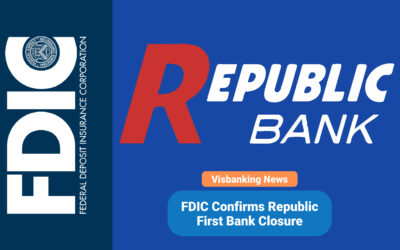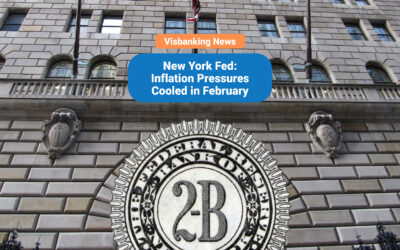By: Ken Chase.
The banking industry has experienced massive disruption in recent years, as financial technology, pandemic stresses, and other factors have forced the financial sector to evolve and adapt to new and changing customer needs. The rise of buy-now-pay-later (BNPL) plans is just one example of those disruptive influences, as fintech innovators have partnered with merchants to provide consumers with new payment options that can offer deferred payment without interest or fees.
Because BNPL offerings compete with banks’ credit card programs, many banks have been forced to respond to this innovation by moving to partner with BNPL providers or even trying to acquire them. Some financial services like PayPal have even rolled out their own BNPL installment programs to directly compete with these new payment options. Several credit card services, including Master and Visa are creating their own BNPL programs, offering them to banks and fintech companies.
The rapid rise of buy-now-pay-later offerings has been so disruptive that regulators have started to express concerns. Around the world and across the United States, regulatory agencies are exploring the need for enhanced regulation of the BNPL industry to address potential inequities in the lending market and possible increased risk to consumers.
Regulatory action incoming?
With BNPL compound annual growth predicted to be an estimated 20.7 percent through 2028, and more players trying to expand their reach into areas that have long been considered the domain of traditional banking enterprises, increased regulatory scrutiny is all but certain. In December 2021, the Consumer Financial Protection Bureau began to investigate the BNPL model. The CFPB cited worries about the customer data gathering, weaknesses in the regulatory disclosure processes, and the potential risk that BNPL users will find it too easy to accumulate debt.
Regulators have also expressed concerns about the sustainability of these payment plans. Because of the lack of transparency and reporting, it is currently difficult to assess just how many BNPL users are missing scheduled payments. However, some experts estimate that the platforms that provide these deferred payment options may be receiving as much as a quarter of their revenues from missed payments. That estimate has some regulators worried that deferred payment availability may be too loose to ensure that customers have the ability to pay those debts.
Meanwhile, the Kansas City Federal Reserve has noted that a number of existing federal statutes may already apply to BNPL offerings, including the Equal Credit Opportunity Act, the Truth in Lending Act, the Fair Credit Reporting Act, laws related to unfair and deceptive acts and practices, and financial services data privacy and security legislation.




